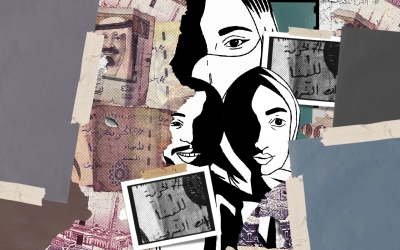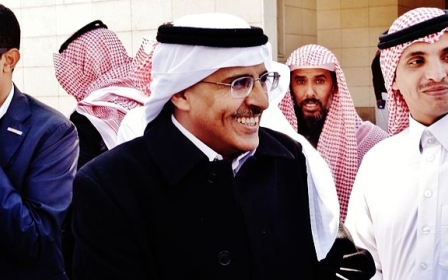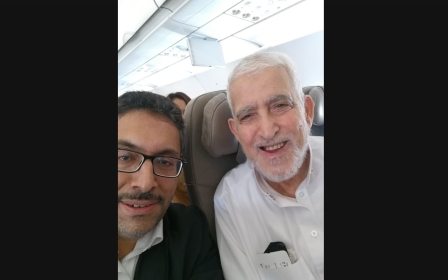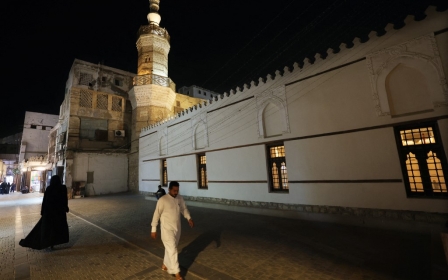US citizen's family detained in Saudi Arabia following lawsuit against kingdom
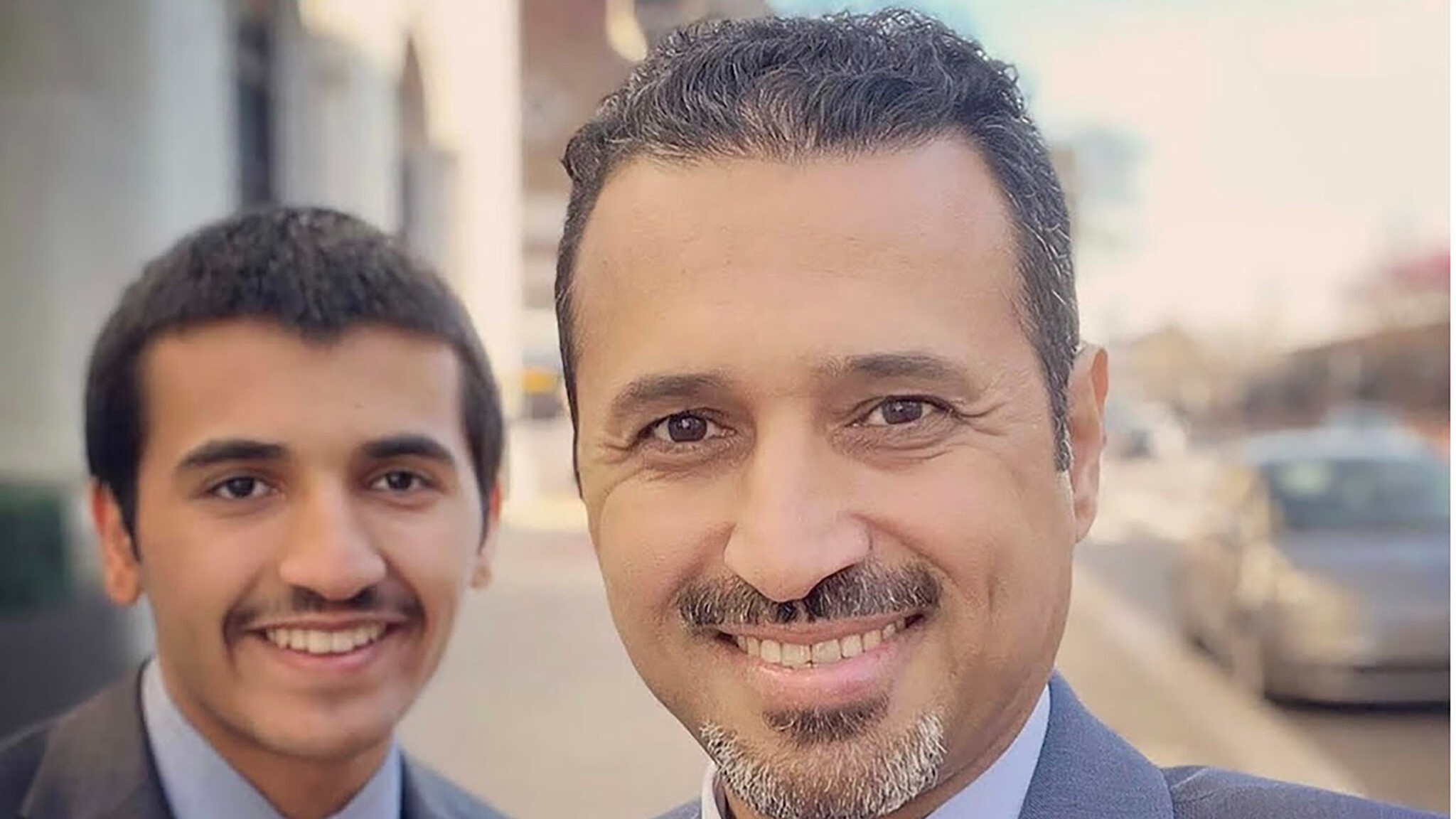
Five family members of a US citizen have been detained by Saudi officials, human rights organisations said, arguing that the detentions are a reprisal for the lawsuit the family filed against the Saudi government.
In 2020, Rakan Nader Aldossari, who is a US citizen, and his family filed a lawsuit in Pennsylvania against the Saudi government for breach of contract, following a prolonged commercial dispute regarding a 1994 pact to set up an oil refinery in the Caribbean island of Saint Lucia.
Later in 2020, the Aldossari family named additional Saudi government defendants, including Saudi Crown Prince Mohammed bin Salman. The lawsuit was dismissed for lack of jurisdiction.
On 9 April 2023, Rakan’s uncle was detained. Just over a month later on 11 May, four more of his family members, including his grandfather’s wife, two uncles, and one aunt were also detained.
According to family members, they are detained in poor conditions, some in cold cells with no blankets or proper beds.
Stay informed with MEE's newsletters
Sign up to get the latest alerts, insights and analysis, starting with Turkey Unpacked
On 12 July, the Saudi prosecutor's office directed the five detainees to the kingdom's Specialised Criminal Court, known for handling terrorism cases.
According to the Freedom Initiative, Democracy for the Arab World Now (Dawn), and ALQST for Human Rights, Saudi officials denied attorneys from meeting with their clients, as well as denying them access to the charges laid against them.
“Nearly five years since Saudi Arabia’s murder of Jamal Khashoggi, its government continues to attack US citizens, this time, by prosecuting family members in Saudi Arabia in retaliation for a commercial lawsuit brought against the Saudi government in Pennsylvania,” Sarah Leah Whitson, Dawn’s executive director, said.
“The very least the Biden administration can do is protect US citizens and their family members from such gross acts of extraterritorial repression.”
The rights groups also added that Nader Aldossari, Rakan’s father, said that “interrogators have made it clear to detained family members that they will not be released unless both Rakan and he return to Saudi Arabia, where they face arrest and prosecution in retaliation to their lawsuit, although they are not aware of any charges against them”.
The family is calling on the Biden administration to take action.
“The Biden administration should meet with Rakan Aldossari and his family and ensure they are protected from further Saudi government persecution,” Julia Legner, the executive director of ALQST for Human Rights, said.
“The State Department would do well to investigate the Saudi officials involved in this effort to retaliate against the family members of an American citizen and impose Khashoggi Ban sanctions on them.”
The Khashoggi Ban is a sanction and visa restriction named after Jamal Khashoggi, a critic of Saudi Arabia and columnist for the Washington Post and Middle East Eye, who was killed by Saudi agents on 2 October 2018 after entering the kingdom's embassy in Istanbul.
It was an assassination that American intelligence services believe was approved by Crown Prince Mohammed bin Salman, though he denies this.
The Khashoggi Ban allows the US State Department to impose visa restrictions on "individuals who, acting on behalf of a foreign government, are believed to have been directly engaged in serious, extraterritorial counter-dissident activities."
Middle East Eye delivers independent and unrivalled coverage and analysis of the Middle East, North Africa and beyond. To learn more about republishing this content and the associated fees, please fill out this form. More about MEE can be found here.


